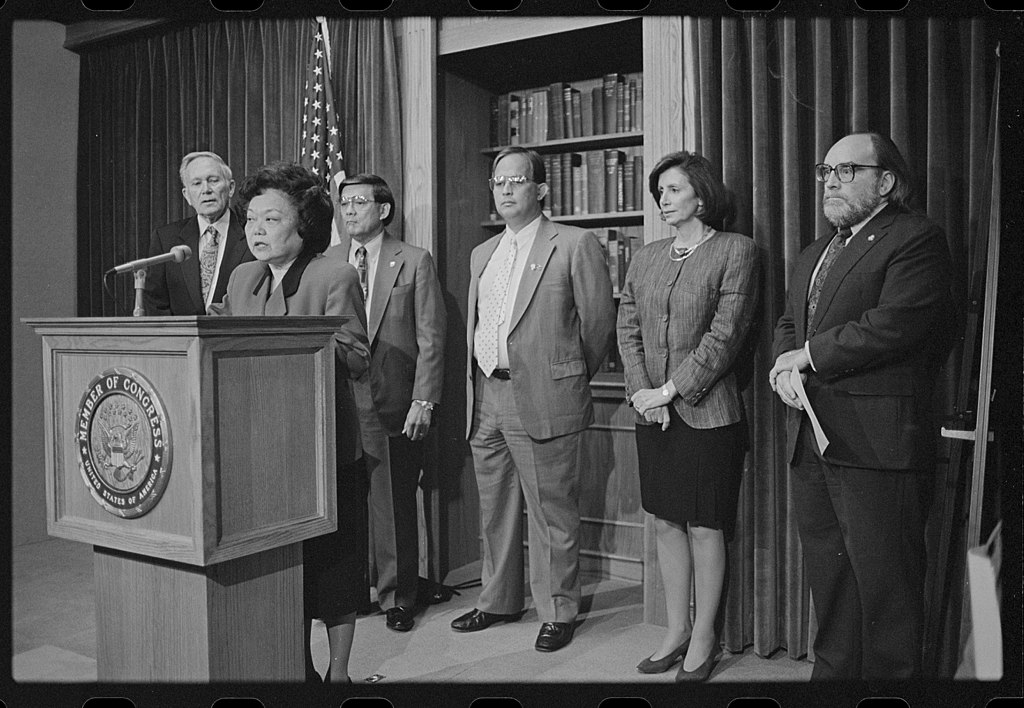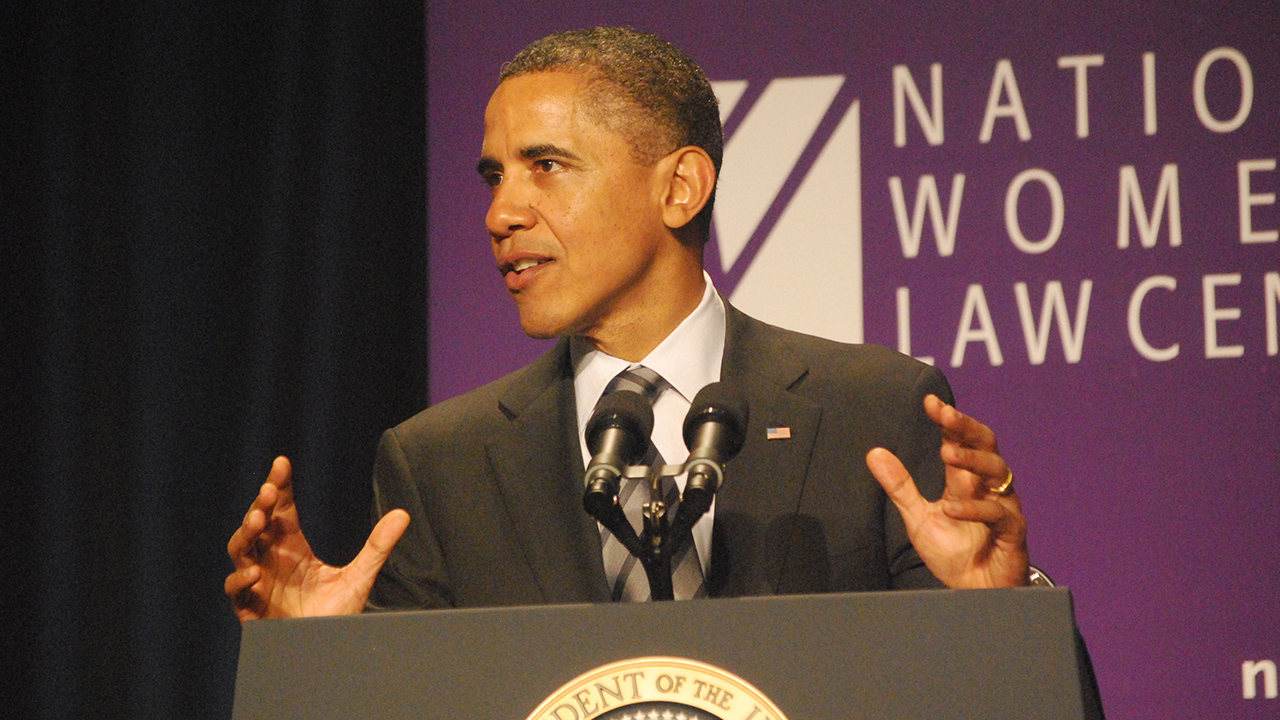Abortion rights, women of color, and LGBTQI+ people are under attack. Pledge to join us in fighting for gender justice.
Why Aren’t Latinas Reporting Domestic Partner Violence?

 October is National Domestic Violence Awareness Month, which means that it’s time to have the hard conversation about the intimate partner violence, or IPV, that occurs in my Latina community. One in three women are affected by IPV, but the number may be even higher because it’s hard to measure the hindrances that Latinas face when deciding whether to report IPV, and therefore, the statistics on IPV may overlook a vulnerable population. There are some common factors that create silent victims in the Latina community and I hope that shedding light on the issue will help the women who are hesitant to speak up for themselves.
October is National Domestic Violence Awareness Month, which means that it’s time to have the hard conversation about the intimate partner violence, or IPV, that occurs in my Latina community. One in three women are affected by IPV, but the number may be even higher because it’s hard to measure the hindrances that Latinas face when deciding whether to report IPV, and therefore, the statistics on IPV may overlook a vulnerable population. There are some common factors that create silent victims in the Latina community and I hope that shedding light on the issue will help the women who are hesitant to speak up for themselves.
Religion: Most Latinas of faith take Until Death Do Us Apart literally. The stigma of reporting IPV to the authorities among Latinas is remarkable. In many cases, their religious socialization reaffirms that they are doing the right thing by sacrificing themselves to preserve the sanctity of marriage and family.
Culture: Machismo is an adjective that has consequences beyond describing a man’s hyper-masculine attitude and pride – its presence has a huge impact on households. Traditional Latino gender roles create hierarchical family structures, where a woman is expected to serve, respect, and obey her partner. This leaves her in charge of damage control, which, in many of these cases, is defined as silencing the hurt, upholding the family’s integrity, and remaining in abusive relationships when they become victims of their partner’s aggressions.
Immigration status: Too often, immigration status and the climate around a woman’s legal status in this country determine whether she speaks up in violent situations. Many Latinas fear losing their children or being deported, which highly influences their reactions to IPV. When abusive partners use immigration status as leverage, women are less likely to leave the relationship and report the IPV to law enforcement.
Health insurance coverage: According to the United States Census Bureau, Hispanics have the highest number of uninsured people at 16.2 percent. The lack of resources and inaccessibility to medical and psychological help directly impact the number of Latinas who seek support and report IPV.
There is no comprehensive solution or easy way to dismantle cultural characteristics that may influence violence and how victims respond to it. However, by expanding the access to bilingual and culturally appropriate resources and health care, we can increase the number of Latinas who speak up, seek help, and better their lives.





